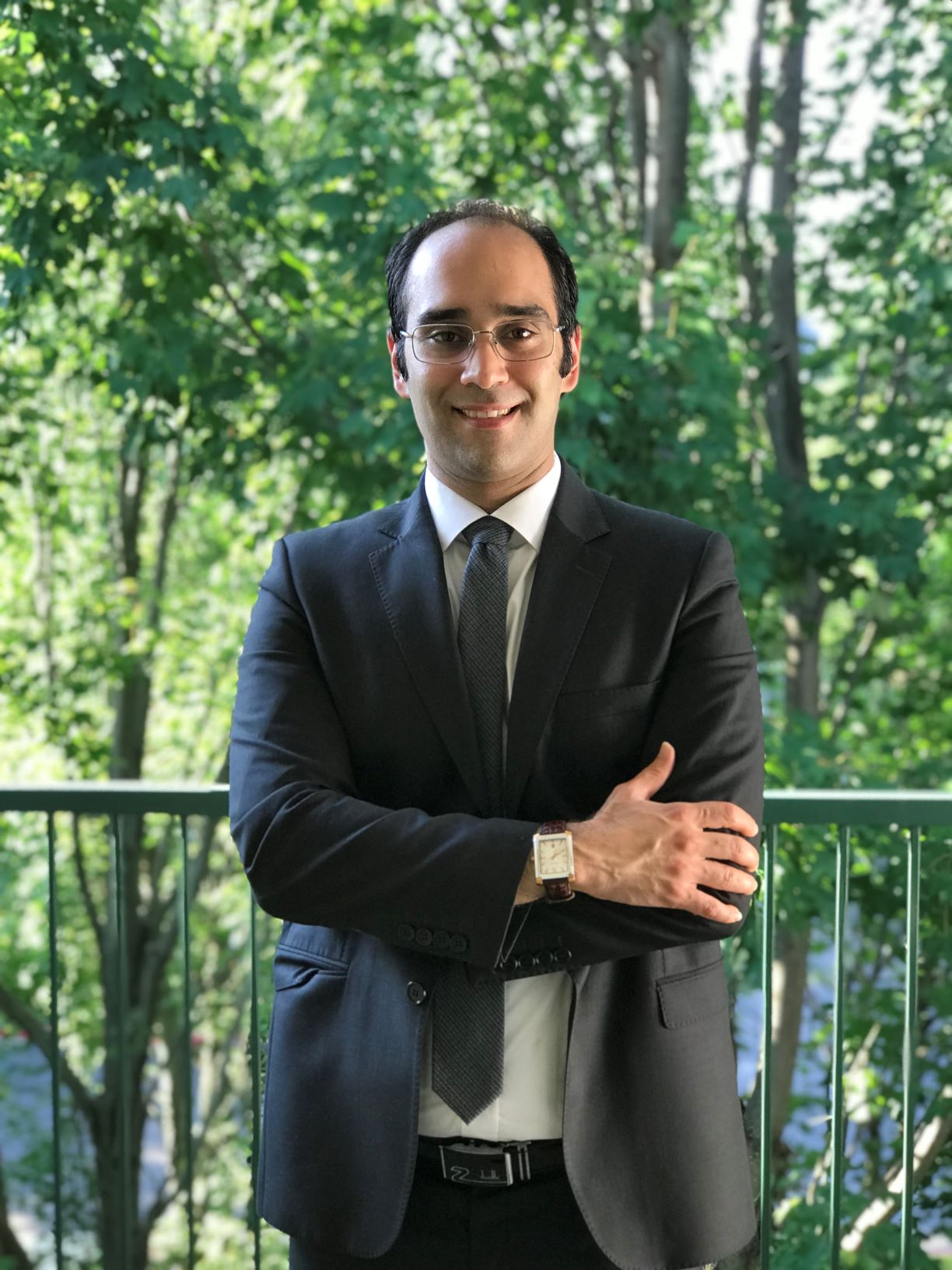“However difficult life may seem, there is always something you can do and succeed at.” -Stephen Hawking
 I am an Associate Professor in the Dept. of Practice, Sciences, and Health Outcomes Research at the University of Maryland School of Pharmacy. I am a quantitative outcomes researcher with interests in a wide range of applied and theoretical topics in health economics, outcomes research, and health policy including developing advanced cohort/micro simulation models for cost-effectiveness or comparative effectiveness of health policies or technologies, Bayesian methods of synthesizing and reconciling evidence, statistical methods of longitudinal analyses, prospective, or retrospective studies including multi-level (hierarchical) modeling, age-period-cohort analysis, non- or semi-parametric modeling to address burning epidemiological and health policy questions.
I am an Associate Professor in the Dept. of Practice, Sciences, and Health Outcomes Research at the University of Maryland School of Pharmacy. I am a quantitative outcomes researcher with interests in a wide range of applied and theoretical topics in health economics, outcomes research, and health policy including developing advanced cohort/micro simulation models for cost-effectiveness or comparative effectiveness of health policies or technologies, Bayesian methods of synthesizing and reconciling evidence, statistical methods of longitudinal analyses, prospective, or retrospective studies including multi-level (hierarchical) modeling, age-period-cohort analysis, non- or semi-parametric modeling to address burning epidemiological and health policy questions.
Prior to my current position, from 2016 to 2018, I was a Postdoctoral Research Scientist in the Department of Heath Policy and Management at Columbia University in New York City. During this time, besides working on a on a variety of cool projects on cost-effectiveness of social and preventive policies in the US public health and especially New York City, one main pillar of my research activities was to quantify and understand the trends of despair over time and their impact on survival inequalities in the US.
From 2012 to 2016, I was a PhD student at University of British Columbia, Vancouver, Canada, where I obtained my PhD in Health Economics/Outcomes Research from Dept. of Experimental Medicine. During my PhD, I was working as a mathematical modeler and data scientist affiliated with the Center for Clinical Epidemiology and Evaluation (2014-2016), and as a health economist/epidemiologist for the Center of Collaborations for Outcomes Research and Evaluation, Vancouver, Canada (2012-2014). I received my M.Sc in Mathematics from University of British Columbia in 2012, and my B.Sc in Electrical Engineering from Tehran Polytechnic University in 2010.
My life outside of school has a different color. Playing music, watching movies, hiking, travelling, hanging out with friends, and running are only a subset of adventures that provide partial explanation for why people sometimes do not recognize me out of school.
